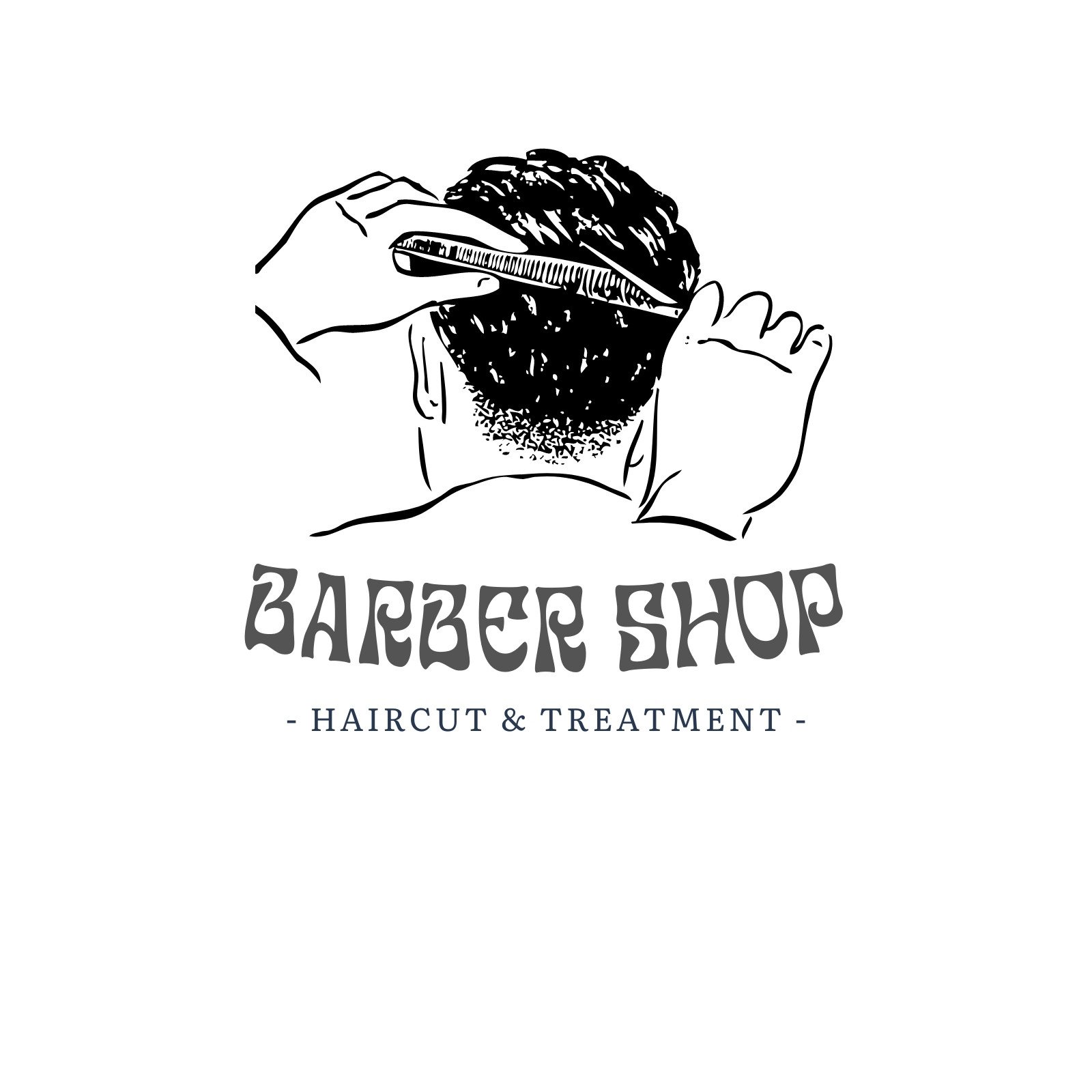Hair salons in NYC are not only locations to get a trim; they function as crucial community centers that help define neighborhood identity and foster connections among residents. These establishments have a long history in urban settings, serving as meeting spots where individuals from varied backgrounds come togetherness. In many areas, barbershops are often the first place where individuals can engage in conversations about community issues, exchange stories, and forge relationships. This distinct role makes barbers not only skilled professionals but also cultural curators who contribute to the social fabric of their communities.
The atmosphere in a barbershop is often vibrant and inviting, creating a setting where people feel comfortable expressing themselves. Barbers are known for their ability to engage with patrons, often participating in discussions that range from athletics to current events. This engagement helps to create a feeling of belonging among patrons, as they share their experiences and perspectives. In many instances, barbershops reflect the cultural diversity of the areas they serve, showcasing different hairstyles, grooming methods, and even sounds that resonate with the local community. This cultural exchange enriches the experience for everyone involved and strengthens community ties.

Barbershops also play a significant role in maintaining cultural heritage. Many barbers have been educated in particular techniques that are transmitted through ages, guaranteeing that unique looks and methods are not lost over time. For example, certain haircuts and grooming methods may be tied to cultural heritage, allowing individuals to express their identity through their appearance. By maintaining these traditions, barbershops help to keep cultural stories alive, providing Read Full Article a sense of pride and continuity for community members.
In furthermore to their cultural significance, barbershops often engage in community outreach and support local initiatives. Many barbers take an active role in addressing social issues, such as education and health awareness, by organizing events or offering resources to their patrons. This engagement demonstrates a commitment to the well-being of the community and fosters a sense of responsibility among barbers. By using their platforms to promote positive development, barbershops become essential players in the local area, further reinforcing their role as community curators.
In conclusion, barbershops in New York City serve as crucial places for cultural exchange, community development, and identity creation. They provide a unique environment where individuals can bond, exchange, and honor their varied backgrounds. As community curators, barbers not only influence the way people show themselves but also influence the broader community dynamics. By understanding the importance of these businesses, we can value the vital role they have in building connections and preserving cultural traditions in city settings.